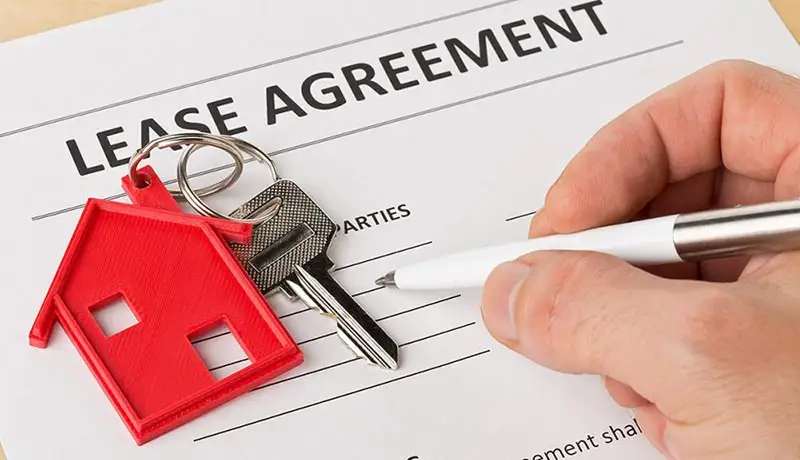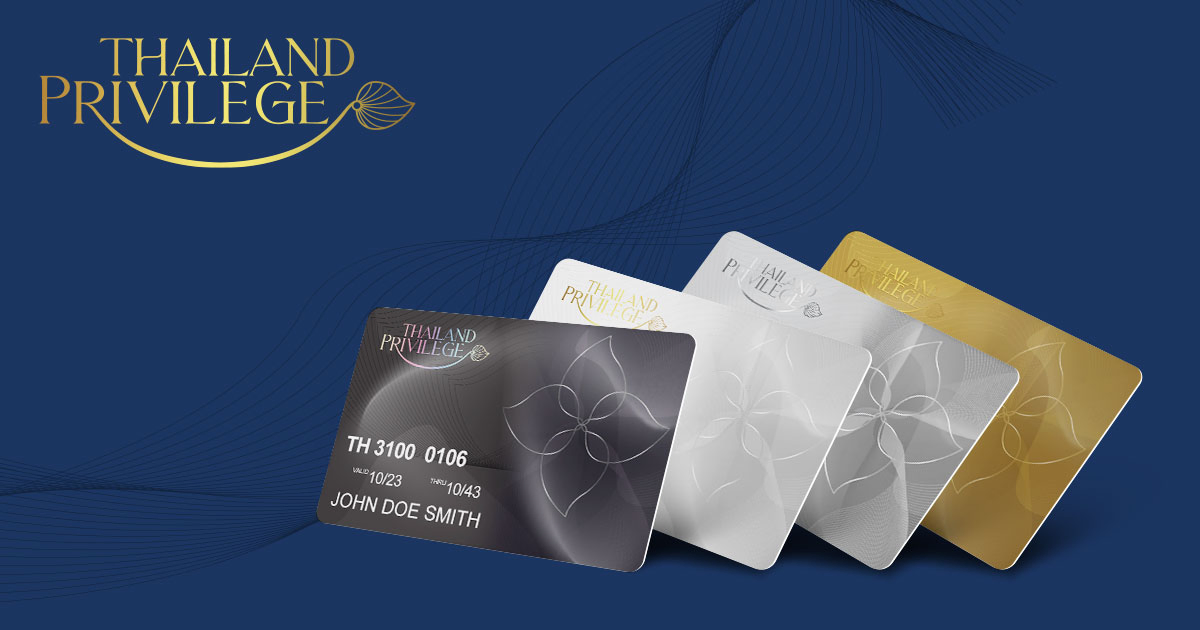Property taxes in Thailand play a critical role for both individual property owners and investors. Whether you’re a Thai national or a foreigner, understanding how these taxes are calculated and paid is essential for financial planning. Thailand’s property tax system includes Land and Building Tax, Withholding Tax, Transfer Fees, and Specific Business Tax (SBT). This article provides an in-depth look at the types of property taxes, their rates, how they are applied, and other key considerations for property owners and investors.
1. Land and Building Tax
The Land and Building Tax, introduced in 2020, replaced Thailand’s previous house and land tax system. It is an annual tax imposed on land, buildings, and condominium units, with different rates based on the use of the property. This tax applies to both Thai nationals and foreign property owners and is applicable for residential, agricultural, and commercial properties.
a) Residential Property
- For residential properties used as a principal home (owner-occupied), the first THB 50 million of the property’s appraised value is exempt from tax. Beyond that, rates range from 0.03% to 0.30%, depending on the value of the property.
- If the property is used as a second home or rented out, the full appraised value is taxed at a higher rate, ranging from 0.02% to 0.30%.
b) Agricultural Property
Agricultural land benefits from lower tax rates, starting at 0.01%, increasing based on the value of the land. This tax incentivizes agricultural use by offering relatively modest rates compared to commercial and residential properties.
c) Commercial Property
For commercial properties, the tax rates are higher, ranging from 0.3% to 1.2% depending on the appraised value of the property. This is particularly relevant for investors in office buildings, hotels, and retail spaces.
d) Vacant Land
Vacant or undeveloped land is subject to a higher penalty tax rate, starting at 0.3%. This rate increases by 0.3% every three years, up to a maximum of 3%, encouraging land development and efficient land use.
2. Transfer Fees
Transfer fees are a significant consideration for buyers and sellers of property in Thailand. This one-time fee is collected when property ownership is transferred and is calculated based on the government appraised value of the property.
- The standard transfer fee is 2% of the appraised value of the property.
- Typically, the buyer and seller negotiate the payment of the transfer fees, but it’s common for both parties to share the cost equally. However, the allocation of this cost is often determined by market practices or the terms of the sale agreement.
3. Withholding Tax
Withholding tax is paid when selling a property in Thailand and applies differently depending on whether the seller is an individual or a company.
a) Individual Sellers
For individual sellers, withholding tax is calculated based on a sliding scale that depends on the duration of ownership. The longer the property has been owned, the smaller the taxable income. This tax is deducted at the time of transfer and can range between 5% and 35%, depending on the amount of taxable income and the length of ownership.
b) Corporate Sellers
If the seller is a corporation, the withholding tax rate is 1% of the property’s appraised or actual sale price, whichever is higher. This tax is applied at the time of transfer and is withheld by the buyer.
4. Specific Business Tax (SBT)
In Thailand, Specific Business Tax (SBT) applies to property sales in certain circumstances. SBT is relevant if the property has been owned for less than five years. This tax is generally applied to speculative sales or commercial real estate transactions, including condominium developments.
- The SBT rate is 3.3% of the property’s appraised or actual sale price, whichever is higher.
- If the property has been owned for more than five years or is inherited, SBT may not apply, and the transaction may be exempt.
5. Stamp Duty
In cases where Specific Business Tax (SBT) does not apply, stamp duty must be paid. Stamp duty is charged at 0.5% of the property’s appraised or actual sale price, whichever is higher. Stamp duty and SBT are mutually exclusive, meaning that only one of these taxes will apply to a transaction, depending on the circumstances.
6. Other Key Considerations
a) Foreign Ownership
Foreigners purchasing property in Thailand are limited to buying condominium units or long-term leaseholds for land. While they are exempt from owning freehold land, foreigners must still comply with Thailand’s property tax regulations for condominiums, such as paying the Land and Building Tax on their unit.
b) Tax Deductibility
In some cases, property taxes may be deductible from income taxes if the property is used for business purposes. Property owners should consult a tax advisor or accountant to maximize potential tax deductions.
Conclusion
Understanding property taxes in Thailand is essential for property owners, investors, and foreign buyers looking to operate in the Thai real estate market. From annual Land and Building Tax to withholding taxes and transfer fees, these obligations play a critical role in property transactions and long-term property ownership. Proper tax planning and knowledge of the legal framework ensure that property owners remain compliant and avoid unexpected costs. Working with legal professionals or tax advisors can provide clarity, especially for foreigners navigating Thailand’s complex property tax system.








0 thoughts on “Property Taxes in Thailand”